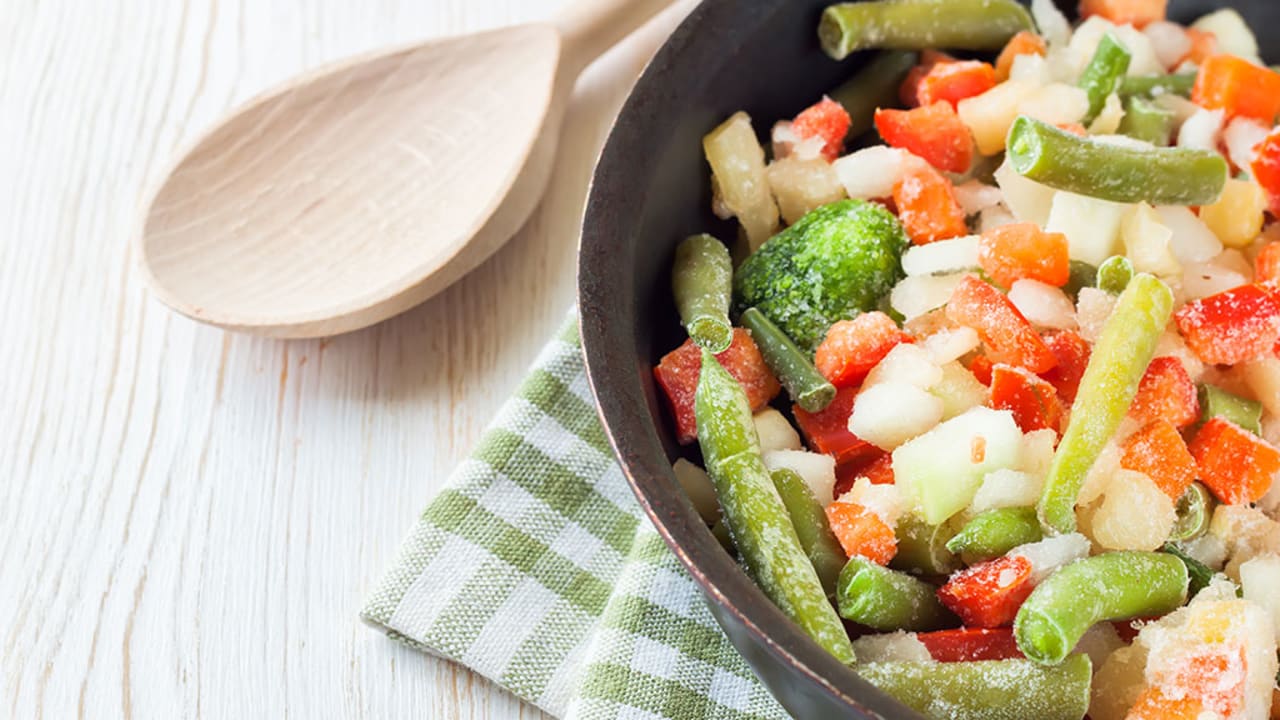Sourdough Sam
Well-known member
- Mar 20, 2019
- 1,637
- 0

Here's the great thing about microwavable meals in 2020: Companies have pivoted away from packing mystery meat with sodium to mimic a flavorful, nutrient-dense entrée and created frozen meals in a variety of international cuisines that are actually good for you—including vegetarian and vegan varieties, low-calorie options and organic dishes.
You get the convenience, ease and affordability without taking a health hit. After all, once you've done your 9-to-5, finished a workout, and completed the day's chores, it's nice to sit down to something quick and effortless that doesn't come out of a drive-through window.
In fact, those who opt for a frozen meal from a grocery store consume an average of 253 fewer calories and 2.6 grams of saturated fat per day than those who feast at fast-food joints, according to a study published in the Journal of the Academy of Nutrition and Dietetics. Those who reported eating frozen meals had higher amounts of key nutrients in their diet, too, including fiber, vitamin A, vitamin C, and minerals like calcium, potassium and magnesium.
That doesn't mean everything in the frozen food aisle is healthy—far from it. The challenge is finding meals you'll enjoy and satisfy your hunger that don't pack on the fat.
For starters, you have to check the nutrition label —starting with portion size. Many companies try to trick you by labeling the portion as something less than the entire box of food. In general, aim for entrées that have lots of vegetables, whole grains, and a lean source of protein. You should also look at the ingredient list and nix those that have a bunch of added chemicals or preservatives you can't pronounce. Keep it clean.
